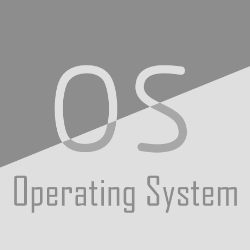The remarkable advancement of smart grid technology in the IoT sector has raised concerns over the privacy and security of the data collected and transferred in real-time. Smart meters generate detailed information about consumers' energy consumption patterns, increasing the risks of data breaches, identity theft, and other forms of cyber attacks. This study proposes a privacy-preserving data aggregation protocol that uses reversible watermarking and AES cryptography to ensure the security and privacy of the data. There are two versions of the protocol: one for low-frequency smart meters that uses LSB-shifting-based reversible watermarking (RLS) and another for high-frequency smart meters that uses difference expansion-based reversible watermarking (RDE). This enables the aggregation of smart meter data, maintaining confidentiality, integrity, and authenticity. The proposed protocol significantly enhances privacy-preserving measures for smart metering systems, conducting an experimental evaluation with real hardware implementation using Nucleo microcontroller boards and the RIOT operating system and comparing the results to existing security schemes.
翻译:暂无翻译



